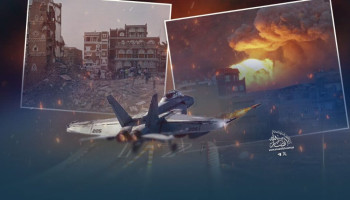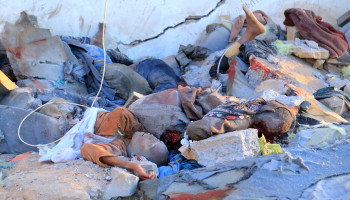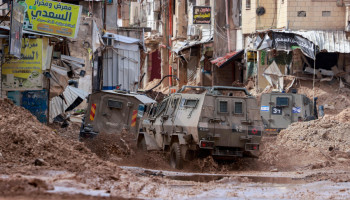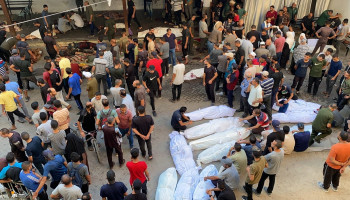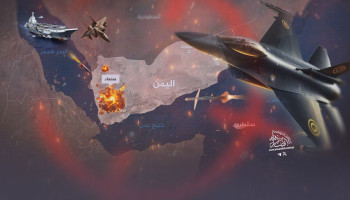Quoted from the official YPA, The crisis of oil derivatives shortage has intensified in the capital Sanaa and the provinces located under the control of the Supreme Political Council and the National Salvation Government, as emergency stocks approach to deplete.
This comes in light of the continuation of the Saudi-led coalition in holding 15 oil derivative ships and preventing their entry to the port of Hodeidah.
The manifestations of the crisis have widened, as car and vehicle queues became more crowded in front of petrol stations designated by the Yemeni Petroleum Company (YPC) within the emergency supply program to distribute the remaining gasoline and diesel stocks to secure the needs of citizens and vital sectors.
The fuel supply crisis threatens about 20 million Yemenis living in the capital Sanaa and other provinces with a major humanitarian catastrophe, whose risk increases with the outbreak of the Corona epidemic (COVID-19) and the exceptional needs it imposes.
The government public hospitals alone need a million and a half million liters of diesel per month, except for the rest of the hospitals and private health centers, according to the Ministry of Health. While the Corona epidemic imposes exceptional activity in the service sectors, foremost of which are electricity, water, and hygiene.
A state of growing discontent is sweeping the Yemeni society due to the continuation of the coalition led by Saudi Arabia and the UAE in preventing the fuel ships from entering the port of Hodeidah and holding them at sea without justification.
On Wednesday, YPC reiterated that the aggression coalition continues to hold 15 oil ships carrying (419,789) tons of petroleum products off Jizan port arbitrarily and for varying periods, some of which up to 86 days.
On the other hand, the United Nations and its envoy to Yemen show no interest in the appeals and calls launched by various vital sectors in Yemen for releasing the held fuel ships.
It is noteworthy that international humanitarian law and international criminal law classifies “everything that threatens the livelihoods of civilians or endangers the lives of civilians as a war crime that does not lapse by the statute of limitations.”
Saudi-led aggression escalates its economic war against Yemenis by seizing oil tankers
الخميس, 18 يونيو 2020


